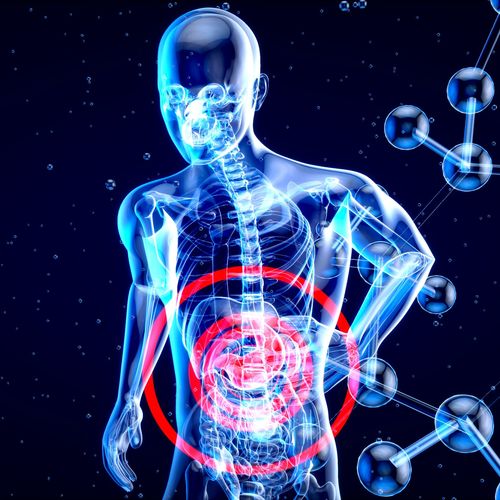Chronic Kidney Disease (CKD) is a progressive medical condition wherein the kidneys become damaged, leading to the loss of their ability to effectively filter waste products from the body. It is caused by a variety of factors, including high blood pressure, diabetes, obesity, genetic conditions, and certain medications. Depending on the severity, CKD can cause a number of serious medical complications including anemia, fluid retention, kidney stones, electrolyte imbalances, and heart problems.
CKD is generally classified into five stages, based on the level of kidney function. Stage 1 is the least severe and Stage 5 is the most severe and requires dialysis or a kidney transplant. During early stages of CKD, many individuals experience little to no symptoms. As it progresses, individuals may experience swelling in the face, hands, or feet; fatigue; frequent urination; thirst; a decrease in appetite; and a general feeling of being unwell.
Because CKD is progressive, early detection and treatment is important to prevent long-term complications. Treatment generally includes lifestyle modifications such as controlling high blood pressure, maintaining a healthy diet, and exercising regularly. In some cases, medications and/or dialysis or a kidney transplant may be necessary to manage the condition.
Despite advances in medical technology, there is still no cure for CKD. However, taking steps to reduce the risk of developing the condition can help to ensure that the kidneys remain healthy and functioning properly. By making lifestyle adjustments, monitoring blood pressure and cholesterol levels, and speaking with a healthcare provider about any signs of kidney damage, individuals can lower their risk of developing CKD and enjoy a longer and healthier life.
Photo by julien Tromeur on Unsplash
Zoom Health is a leading UK supplier of Home Health Tests and Earplugs

